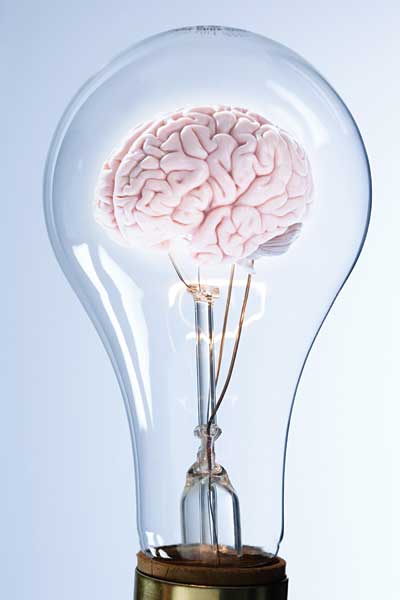The Power of Recall

With her new book, The Memory Clinic: Stories of Hope and Healing for Alzheimer’s Patients and Their Families, Dr. Tiffany Chow, a senior clinician scientist at Baycrest Health Sciences Rotman Research Institute, shares insights from her extensive work with dementia patients. Not only is Chow trying to help caregivers give compassionate care, she wants them to think about their own health.
“I think [the book] would really help them understand why it’s important to reduce their stress levels, with some tips as to how to do it,” Chow says.
Where family caregivers may be genetically predisposed to acquiring Alzheimer’s disease, stress can also increase one’s risk of dementia. Stress increases cortical steroid levels, which can make your hippocampus shrink – the part of the brain that helps retain new information.
“If you’re a person who has [risk of] plaques and tangles and you are exposing yourself to a lot of stress, you’ve got a double whammy. One of the interesting things about cortisol shrinking the hippocampus is that when you take away the stress the hippocampus can come back,” she says.
Along with tips on preventing and managing the illness, Chow promotes the practice of loving kindness. She was inspired by a session at the Insight Meditation Society in Massachusetts, which teams up with neuroscientists to understand the effects of meditation and Buddhist practices on the brain. Within the book, Chow lays out Four Intentions for patients that include goals like “to feel safe” and “to feel pain-free.” And Chow emphasizes that the practice of loving kindness needs to extend to the caregivers themselves.
“Many people feel that compassion is something that you give … until you drop,” she says. “In the context of these Buddhist teachings, compassion starts with you. How are you doing as the caregiver? Are you stressing out and ruining your own hippocampus? Maybe we should make sure you’re okay and then you can sustain caregiving as a compassionate caregiver.”